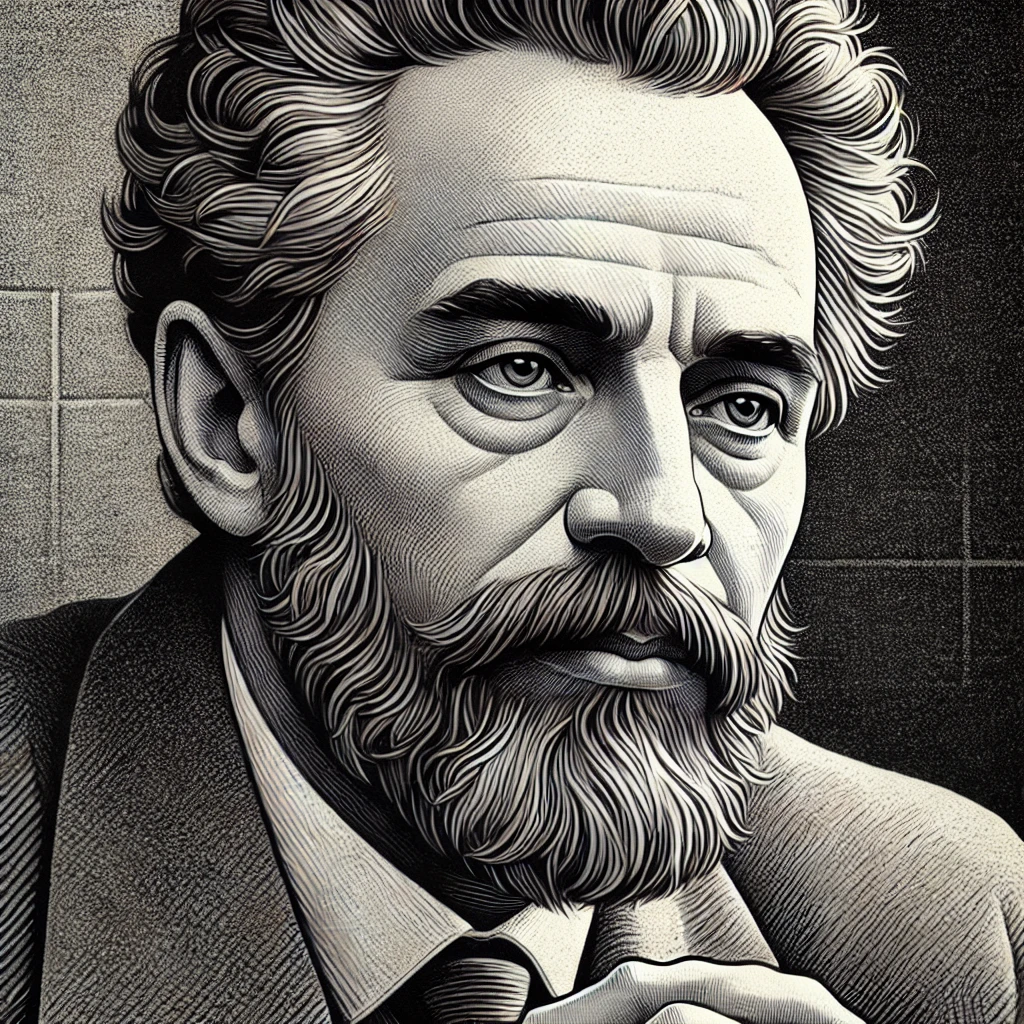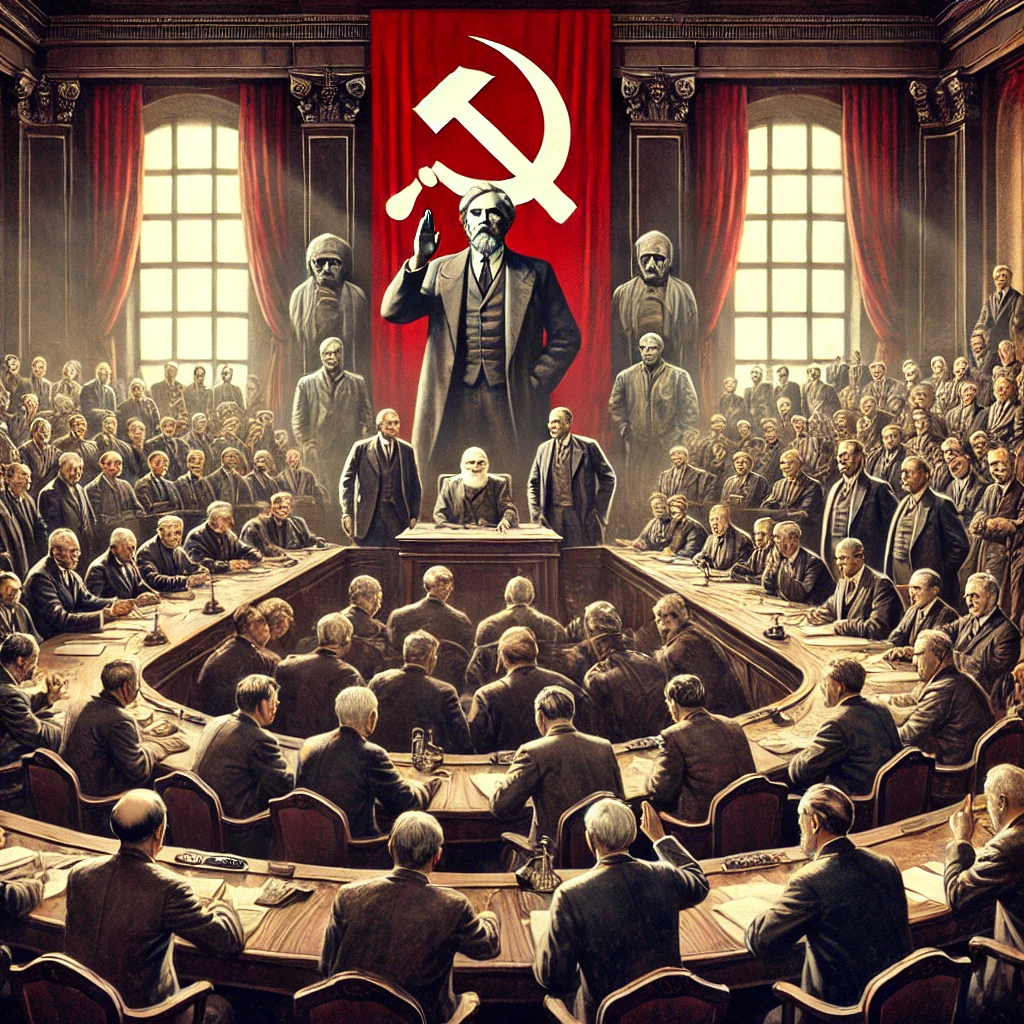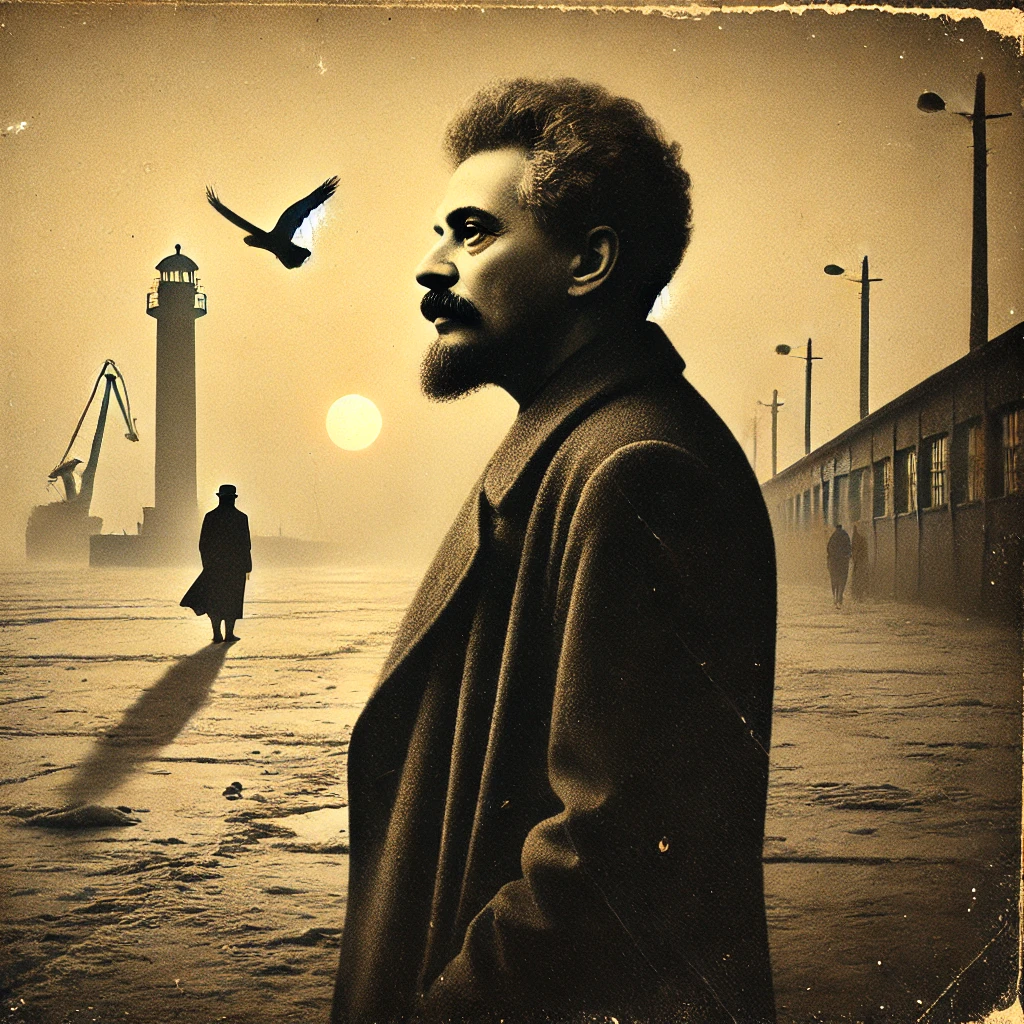On November 12, 1927, Leon Trotsky, a prominent leader of the Russian Revolution and a key figure in the early Soviet government, was expelled from the Soviet Communist Party. This event marked a significant turning point in the internal power struggle within the Soviet Union and foreshadowed Trotsky’s eventual exile from the country. His removal from the party was not just a personal setback but also reflected the broader political machinations and ideological conflicts that characterized the early years of the Soviet regime.

Trotsky’s Role in the Revolution
Leon Trotsky played a pivotal role in the Russian Revolution of 1917, where he served as the leader of the Bolshevik Red Army and was instrumental in the Bolsheviks’ rise to power. A brilliant orator and strategist, Trotsky advocated for the theory of permanent revolution, which emphasized the need for continuous revolutionary activity to ensure the success of socialism. He believed that the revolution should spread internationally, contrasting sharply with the more nationalistic approaches of his contemporaries, particularly Joseph Stalin.
Initially, Trotsky was a key ally of Vladimir Lenin and a major architect of the new Soviet state. However, after Lenin’s death in 1924, a power struggle erupted within the Communist Party. Trotsky found himself increasingly at odds with Stalin, who was consolidating power and advocating for “socialism in one country.” This ideological divide marked the beginning of Trotsky’s downfall within the party.

The Expulsion and Its Consequences
Trotsky’s expulsion from the Communist Party on November 12, 1927, was the culmination of a series of political maneuvers orchestrated by Stalin and his allies. Trotsky’s opposition to Stalin’s policies and leadership style made him a target within the party. The expulsion was not only a personal blow to Trotsky but also a decisive moment that illustrated Stalin’s growing authoritarian grip on the Soviet Union.
Following his expulsion, Trotsky was forced into exile, first to Alma-Ata in Kazakhstan and later to Turkey. His expulsion marked a significant moment in the history of the Soviet Union, as it signified the end of the early revolutionary leadership and the beginning of Stalin’s dominance. The political climate in the Soviet Union became increasingly repressive, with dissenting voices silenced and purged from the party ranks.
Trotsky’s Legacy and Impact
Despite his exile and the subsequent challenges he faced, Trotsky remained an influential figure in revolutionary politics and left a lasting impact on Marxist thought. He continued to write and advocate for his vision of socialism from abroad, criticizing Stalin’s regime and warning of the dangers of bureaucratic totalitarianism. His writings, including “The Revolution Betrayed,” became critical texts for leftist movements around the world.

Trotsky’s legacy is complex, as he is often viewed as a tragic figure who stood for revolutionary ideals but fell victim to the very system he helped create. His expulsion from the Communist Party on November 12, 1927, serves as a reminder of the internal conflicts that can arise within revolutionary movements and the consequences of ideological divisions. The power struggle between Trotsky and Stalin set the stage for future political purges and shaped the direction of the Soviet Union for decades to come.
The expulsion of Leon Trotsky from the Soviet Communist Party on November 12, 1927, marked a significant turning point in the history of the Soviet Union and the broader context of revolutionary politics. It illustrated the fierce internal struggles that accompanied the consolidation of power in the early years of the Communist regime. As we reflect on this pivotal moment, we recognize its lasting impact on the course of Soviet history and the enduring lessons regarding ideology, power, and the complexities of political movements.
